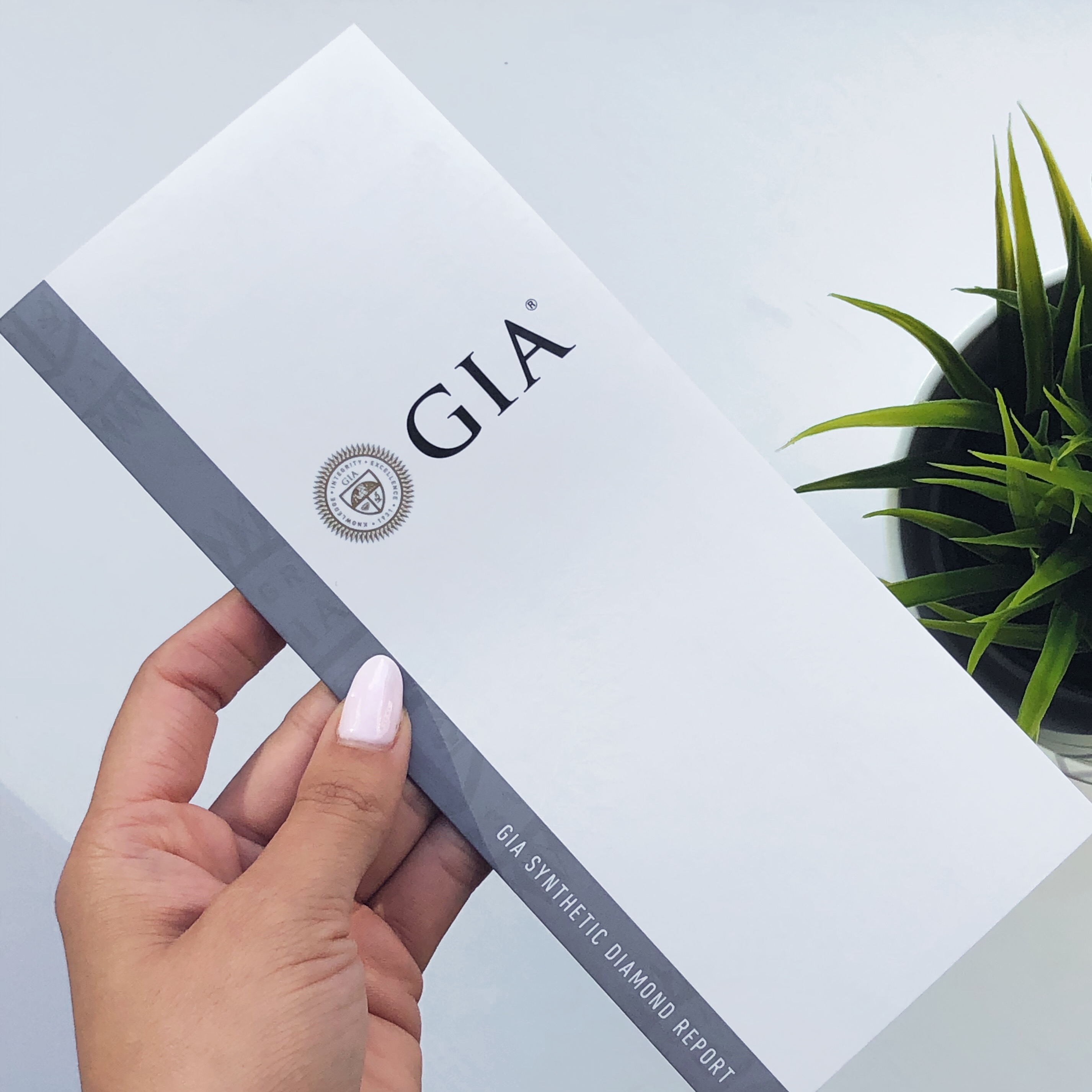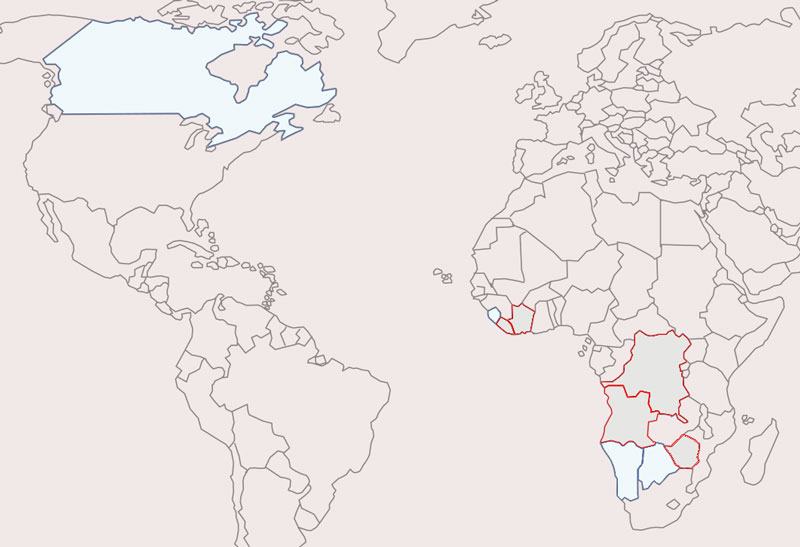Wherever you go shopping, be it for food, beauty products and more, it seems fairly easy to tell when items are ethically sourced. Usually somewhere on the packaging you’ll see each product advertised as being ethical or sustainable just as often as other labels are advertised, like cruelty-free or eco-friendly labels. But when it comes to jewelry, it's not always as clear.
In December 2000, the United Nations General Assembly resolved to create an international certification plan to standardize requirements for controlling rough diamond production and trade. Two years later, the Kimberley Process Certification Scheme (KPCS) was born, and by 2003, participating countries - including the US - began implementing KPCS rules. While this program is a positive step in the right direction, it has its limitations; it doesn’t necessarily address the issues surrounding conflict diamonds such as child labor and environmental destruction.
Today, many diamond retailers are making the move towards diamonds that are 100% free of associations with environmental and human rights violations. While it’s a great start, these diamonds may not be labeled as such, and jewelers are even less likely to disclose when their gems are KPCS- certified but not completely conflict-free. Based on this issue, we’ve created a brief guide to help discerning shoppers check if they’re making a socially-conscious purchase.
1. Do Your Research
The most important first step is to do your research and know what you are looking for. Many jewelers who offer conflict- free diamonds will often have this information available on their website. They should also have additional information about the precious metals used in the jewelry they sell.
If this information isn’t online, we suggest digging deeper by asking questions. Asking questions about the sourcing of your gems and metals will allow you to make a more educated and socially responsible purchase.
2. Ask to See Certification

To know the true history of your diamond, you will want to see the diamond’s System of Warranties. Reviewing a diamond’s documentation will help ensure your diamond or gemstone was sourced ethically.
3. Check the Origins
As a general rule, avoid diamonds from countries known for violations:
· Zimbabwe
· Angola
· Democratic Republic of Congo
· Côte d'Ivoire
· Liberia
Instead, look for diamonds mined in countries where stricter standards are enforced:
· Canada
· Botswana
· Namibia
· Sierra Leone

4. Don't be Afraid to Ask the Hard Questions
Questions you should consider asking are:
· What are your ethical sourcing standards?
· Where can I find your company policies on diamond sourcing?
· Where are your diamonds mined?
· Can you track the origins of your diamonds?
· Do you stand by your diamonds ethical standards and can you back it up with documentation?
5. Beware of Vague Answers
Reputable jewelers will be able to answer any questions regarding ethically-sourced gems and gemstone certification.
We recommend that your questions should elicit information about labor laws, environmental conditions, and certifications in the history and sourcing of a specific diamond. A retailer should have their company policy on ethical sourcing readily available for their customers.
Any jeweler who does not have this information with credible documentation should be avoided.
6. Know Your Options
If you’re still not convinced you’re purchasing a conflict-free item, you can explore non-mined diamond options including loose lab-created diamonds and the diamond-like gemstone, moissanite.
At Icing On The Ring, we are committed to providing high-quality, ethically sourced diamonds. If you’d like to learn more about lab-grown diamonds vs. real diamonds, other synthetic vs. real diamonds, and see a moissanite vs. diamond side-by-side, give us a call or stop by our downtown LA showroom. We’re happy to discuss your options and find jewelry that is up to your responsible buying standards.
Learn more here.

